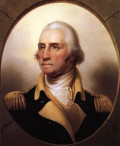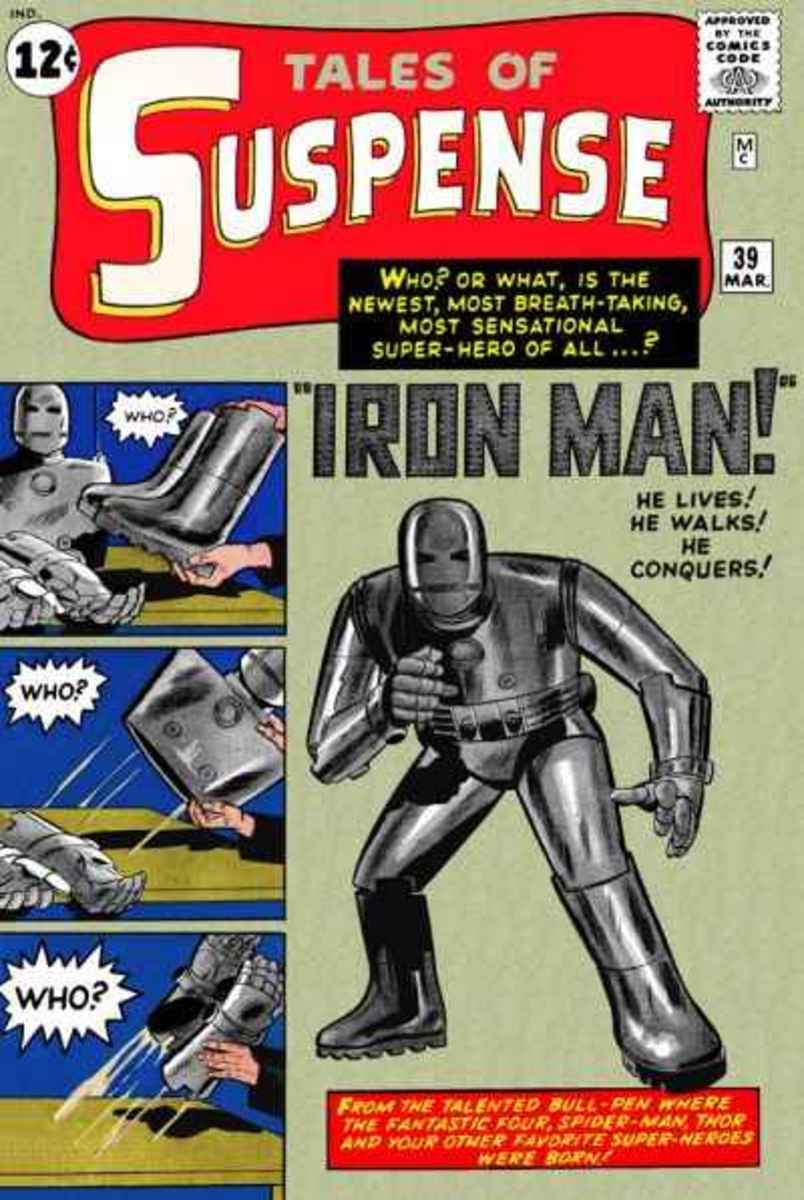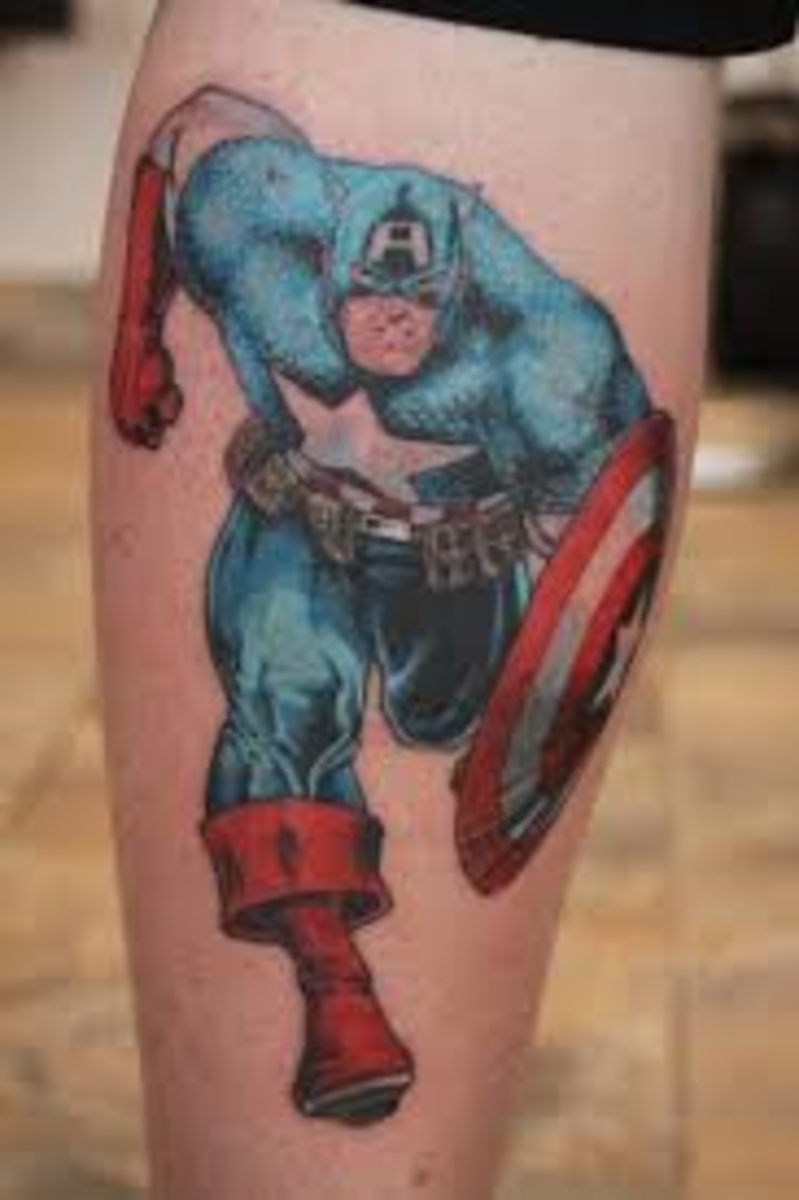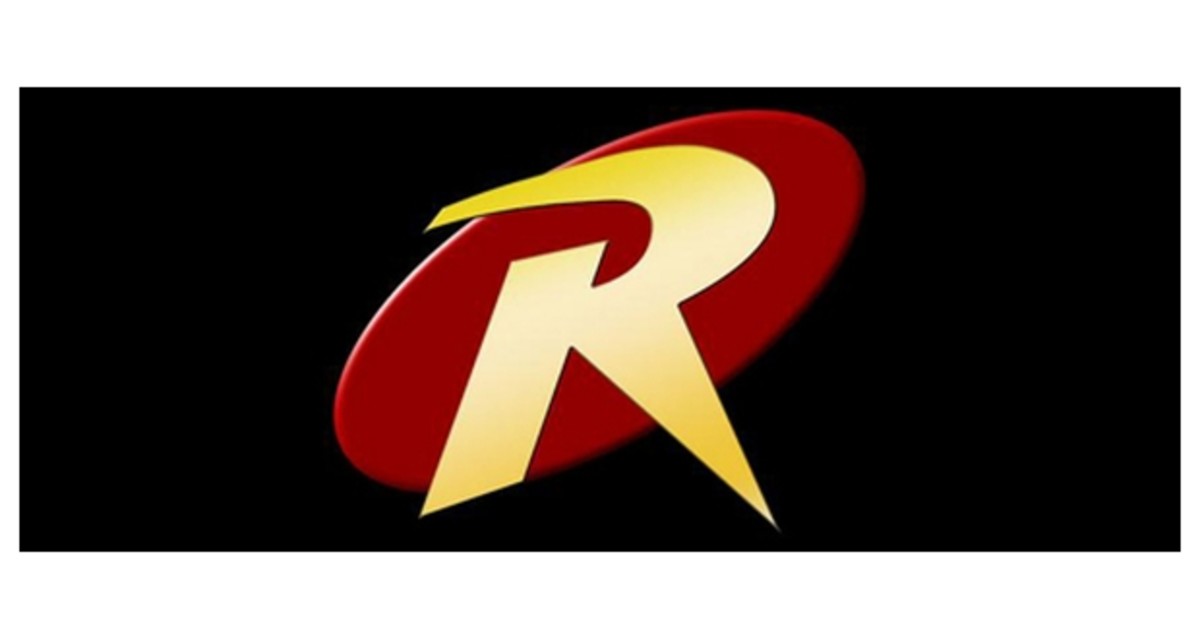Evolution of the American spirit: From Columbia to Captain America
The idea of a national American myth is, in and of itself, controversial. Although clearly falling in line with myth as defined as “A traditional, typically ancient story dealing with supernatural beings, ancestors, or heroes that serves as a fundamental type in the worldview of a people, as by explaining aspects of the natural world or delineating the psychology, customs, or ideals of society”, the relative youth of the United States of America as a nation, the multi-ethnic nature of its populace and the resultant amalgamation of the traditional tales of both the immigrant and native members of the society would place any shared national ideas into the realm of folklore.
However, certain themes common among the immigrant, native, and slave – best embodied by these words from The Declaration of Independence: “all men are created equal, that they are endowed by their Creator with certain unalienable Rights, that among these are Life, Liberty and the pursuit of Happiness.”(US 1776) – have achieved an apotheosis of sorts, in that they can be likened to divine principles. As such, any embodiment – be it historical, philosophical, fictional, or otherwise – of those principles can be said to be a divine representation, equal in function (if not form) to the gods of ancient and contemporary religious cultures. Moreover, the continued anthropomorphication of those principles can be used to establish a link between each zeitgeist (for lack of a better term) which binds the national identity of the society to its populace just as solidly as religious ritual. Although there have been a great number of candidates over the past 70 or so years in the medium of my choosing, it is my contention that the figure of Captain America best embodies the national character of the United States and is the “spiritual inheritor” of the ideas of the American Spirit.
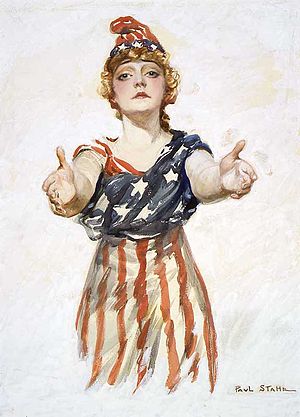
The embodiment of the “Spirit of America” as (essentially) an illustrated propaganda character is not a new concept. The first such figure to gain national significance was Columbia, “a goddess of freedom whose regal bearing projected America's positive ideals and poetic nature.”
“Though she usually wore a Roman-style metal bonnet and was draped in the stars and stripes of the American flag, kind-hearted Columbia reached out to immigrants and the poor. “(Columbia, Conservapedia.com)
Initially appearing as a veiled reference to America, Columbia was first anthromophisized by the black poet Phillis Wheatley in her poem titled "To His Excellency George Washington" in 1776 (Columbia).
She eventually gave way to Brother Jonathan and Yankee Doodle, Lady Liberty, then Uncle Sam. As the country divided during the civil war, Uncle Sam was briedly replaced by Billy Yank and Johnny Reb, but Uncle Sam returned to primacy shortly thereafter (although it is worth mentioning that Columbia’s importance seemed to resurge during WWI).
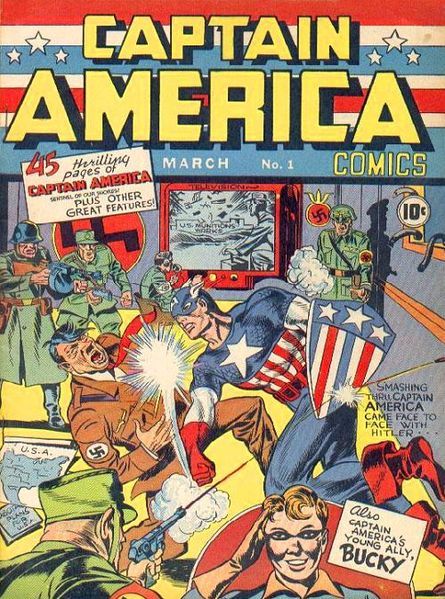
In the years leading up to the US’s entry into World War II, there were a great many patriotic themed characters gracing both newspapers and the new medium of comic books. The most enduring and recognized of the comic book creations is Captain America (Superman wouldn’t be linked to fighting for “truth, justice, and the American way” until 1952 (CBR)). Like Superman, Captain America was (intentionally or not) an attempt to co-opt/reclaim the concept of the Übermensch from Nazi German Nationalism. Another shared characteristic is their ability to inspire not only the ordinary citizens of their universe but the heroes as well; each is the measure of what it is to be a “Super Hero”. Each one also shares the genre role of “The Tank” – the first to enter the battlefield, set to protect all others –offensively and defensively— first and foremost.
However, unlike Superman, Captain America is not superhuman. He was envisioned as a poor, sickly man unfit for military duty, chosen to take part in a program to develop the ultimate soldier and became the pinnacle of human potential. The propaganda value of the character being blonde haired, blue-eyed, physically and mentally perfect and staunchly on the side of the US cannot be overlooked; the perfect “Aryan” man punching Hitler on the cover of his first appearance was literally and figuratively a slap in the face. And, while Uncle Sam featured solely in recruitment posters, readers of all ages…but mostly kids…could directly witness the adventures of the soon to be dubbed Sentinel of Liberty.
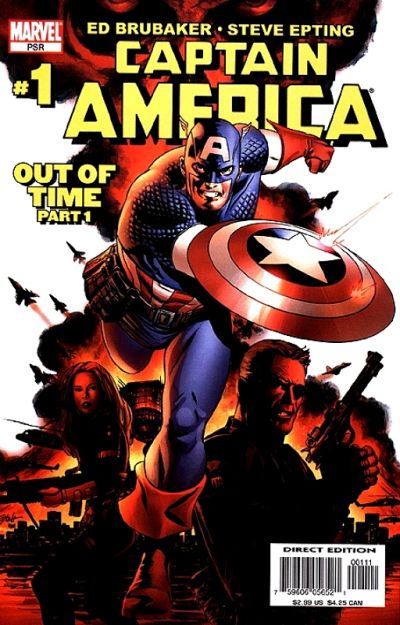
After the war, Captain America’s popularity waned and his title was cancelled. Then, during the Vietnam era, he was reintroduced to the public and has maintained a steady presence in the popular culture ever since.
What is interesting about the character is that since his “reemergence” – particularly following the 2001 attack on American soil – he is being specifically written as representing not the US government or policies but rather as championing the American Dream: Life, liberty, and the pursuit of happiness. He is often conflicted with the practices of his government and the political beliefs of his people, but will stand in their defense regardless. He is, in the best possible sense, a character devoid of political motivation, to the point where he considers the beliefs of his alter ego as secondary to the responsibility of safeguarding the civil liberties of others. He is a symbol for all people, regardless of party, race, or nationality.


Recent years have seen Captain America under the employ of the global espionage agency, S.H.I.E.L.D., becoming a fugitive from the US government for actively opposing legislation to register and control superhuman powers and activities, “assassinated” as part of a plot to take over the American government and replaced by an old ally (himself a former cold war era assassin brainwashed by the soviets), resurrected and placed in charge of the organization that resulted from the SHRA (Super Human Registration Act). During this period, the narrative of the story – written by Ed Brubaker – focused on the importance of “Captain America” as a symbol and the need for that symbol to remain above partisan politics and the “interests” of the nation to best aid the common man. His “death” and replacement stirred controversy in both the left- and right-leaning facets the mainstream media, culminating in an uproar from the Tea party –perhaps rightfully so – in January 2010 when some of their slogans appeared in a storyline dealing with Cap and his sometimes partner, the Falcon, on the trail of a white supremacist, anti-government, survivalists group called “the Watchdogs” (TheWashingtonTimes.com). They were afraid that the character’s comments would cast their movement in a negative light in the minds of the target demographic of readers (14-18 historically) – despite the fact that the signage was incidental to the main story. Thus, even beyond the confines of his fictional universe, the power of the symbol carries a certain weight in the minds of the public.
Captain America: The Winter Soldier
It is true that the character has been shaped and redefined throughout the decades but there is no other single creation in the last 70 years that has exemplified the highest principles of the American spirit than Captain America and it is that depiction above all other modern hero myths – the billionaire playboys, demi-gods, and world-weary vigilantes – that best represent what the US as a nation can aspire to.
Works cited
Brubaker, Ed (w), Epting, Steve (i), Brevoort, Tom (e). Captain America vol. 5 #1-50 (Jan. 2005 –July 2009), Marvel Comics Group.
Columbia. (Feb. 28th, 2010). Conservapedia. http://conservapedia.com/Columbia.
Cronin, Brian. Comic Book Legends Revealed #276 (Sept. 3rd, 2010). CBR. © 1995 - 2012 Comic Book Resources. http://goodcomics.comicbookresources.com/2010/09/03/comic-book-legends-revealed-276/
Pickett, Kerry. “Marvel admits to 'mistake' in controversial Captain America comic” (Feb. 10th, 2010). The Washington Times.com. The Washington Times LLC. http://www.washingtontimes.com/weblogs/watercooler/2010/feb/10/marvel-admits-mistake-captain-america-comic/

